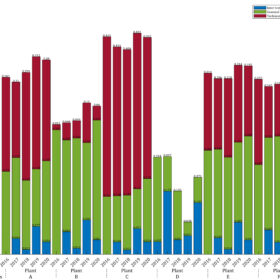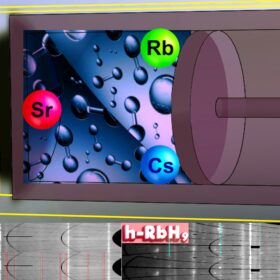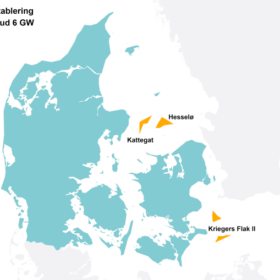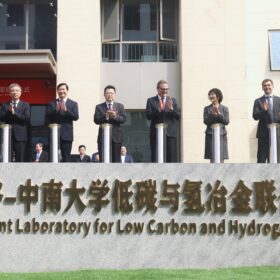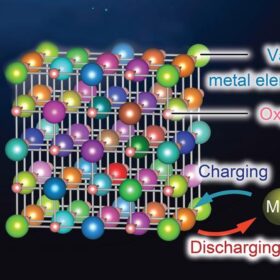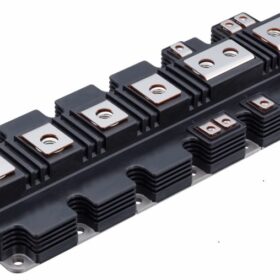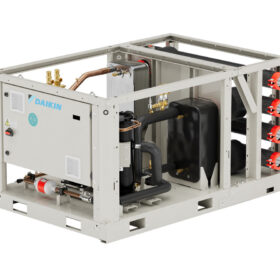The impact of seasonal, meteorological factors on PV plant performance
Scientists in Japan have investigated the impact of seasonal, metereological factors on solar plant performance and have found the average power generation inefficiency reached significant levels. The findings suggest that optimal site for power plants requires careful consideration of meteorological and geographical data.
Researchers propose use of cesium, rubidium for hydrogen batteries
A study led by Russia’s Skoltech and China’s HPSTAR suggests that rubidium and cesium additives could improve the efficiency of hydrogen batteries. Researcher Dmitrii Semenok tells pv magazine that “it is a question of changing the approach to the search for promising hydrogen storage materials.”
The Hydrogen Stream: Denmark may produce green hydrogen from wind
Denmark will procure at least 6 GW of offshore wind power capacity to potentially produce hydrogen, while Orlen says it will use a European Commission grant to build 16 hydrogen refueling stations in Poland.
The Hydrogen Stream: Vale opens hydrogen metallurgy lab in China
Vale and Central South University have launched a joint laboratory for low-carbon and hydrogen metallurgy in Changsha, in China’s Hunan province, while Nippon Steel has secured approval to acquire U.S. Steel.
Rechargeable magnesium batteries for grid-scale storage
Researchers in Japan have developed a novel cathode material for rechargeable magnesium batteries (RMBs) in the form of rocksalt oxide. This new material reportedly enables efficient charging and discharging even at low temperatures.
Solar, wind energy curtailment skyrocketed in Japan in fiscal 2023
New figures from Japan’s Ministry of Economy, Trade and Industry (METI) show that wind and solar power curtailment increased significantly to 1.76 TWh over the past 12 months, from 0.57 TWh in fiscal 2022 and 0.53 TWh in fiscal 2023.
Fuji Electric launches high-power module for large power converters
The Japanese manufacturer said its latest power semiconductor module is based on a compact insulated-gate bipolar transistor (IGBT) and is designed for large capacity industrial power converters voltage of 2,300 V.
New electrolyte for safer, more stable solid-state batteries
Researchers in Japan have discovered a stable, highly conductive material that can be used as electrolyte for solid-state lithium-ion batteries. The material’s ionic conductivity is said to be higher than any previously reported oxide solid electrolytes, with a wide operating temperature range.
Daikin presents modular water-to-water heat pumps
The Japanese manufacturer said its new heat pump line features a modular approach to system design. The new products are available with capacities of 100 kW, 125 kW and 160 kW and can reportedly achieve a water output temperature of 60 C.
AGC uses recycled glass from PV panels for float glass production
The Japanese glass, material, and chemical manufacturer announced a successful test using recycled cover glass from solar panels in the manufacturing of float glass, with technology suppled by Tokuyama Corporation.
